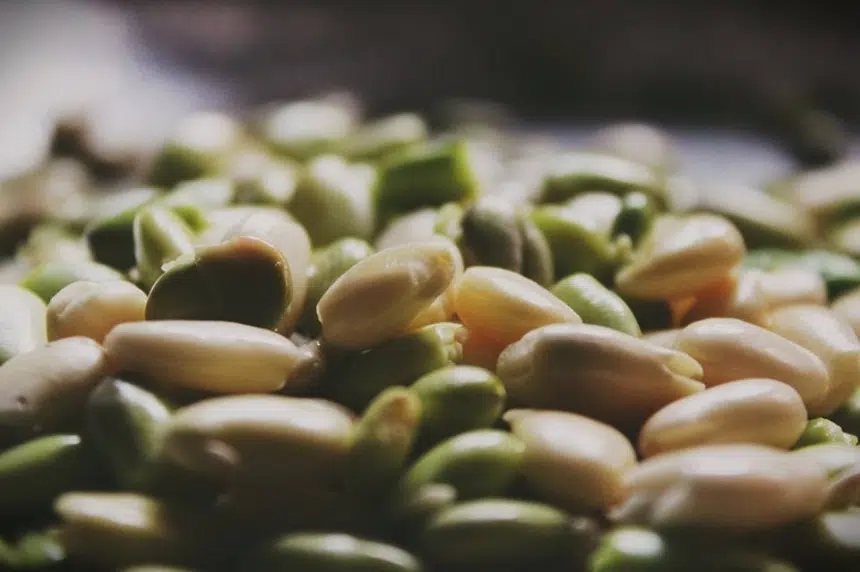Meat could be making way for chickpeas and rice on many people’s dinner plates in the near future.
A report from the Food Institute at the University of Guelph is predicting meat prices will continue to rise, and that people will start turning to meat substitutes like pulses, to fill the protein gap.
Pulses include beans, peas, chickpeas, lentils, and faba beans – all of which Saskatchewan is a huge producer. According to Saskatchewan Pulse Growers, 95 per cent of Canada’s lentil production, and over 70 per cent of Canada’s chickpea production is in Saskatchewan.
Rachel Kehrig is the director of communication and market promotion with Saskatchewan Pulse Growers. She said they’ve already starting seeing some moves toward this change.
“We’ve been seeing people really switching to the ‘flexitarian’ diet. So they’re not looking to go vegetarian, but they’re looking for a meat-less meal maybe once or twice a week.”
Kehrig explained pulses can be a great affordable and low-fat source of protein.
“When (pulses) are paired with a grain, so if you’re consuming say, lentils and rice, or things like that, it is a complete protein, so you’re getting almost the same quality as if you were eating a steak or a burger.”
She explained there are pulse dishes that can be cooked, or they can replace meat in other dishes like lasagna, tacos, and burgers.
Next year, 2016, has been declared the international year of pulses but the United Nations, so Kehrig said they’re hoping it drives demand in the kitchen, and demand for new products.
While pulses are relatively cheap, when compared to meat, the report from the University of Guelph indicated that the increased demand could raise prices in 2016.
With files from CJME’s Alex Docking







